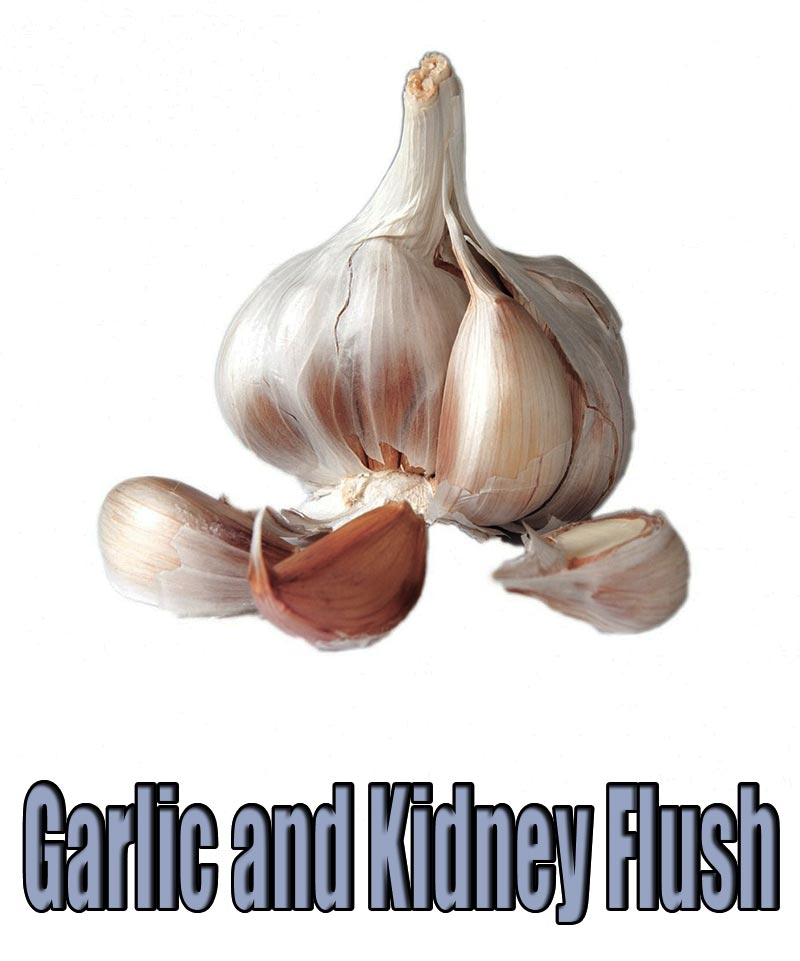
Garlic and Kidney Flush
Your kidneys filter your blood and remove wastes and excess water from your body, notes the National Disease Information Program. When kidney disorders prevent your kidneys from functioning properly, wastes from the foods and beverages you consume can build up and damage the body. Diabetes, high blood pressure and other health conditions can cause kidney failure. Garlic may improve kidney function by helping reduce or eliminate certain kidney-related malfunctions. Check with your health care provider about using herbs for kidney health.
Significance
Garlic has been used medicinally for thousands of years. Today it is used to enhance the immune system and is suggested to guard against heart disease and certain cancers due to its antioxidant effects, reports the University of Maryland Medical Center. Antioxidants help eliminate damaging particles known as free radicals that may contribute to the development of these medical conditions as well as accelerate the aging process.
Considerations
Garlic is also suggested to promote kidney health due to its purported diuretic properties. Diuretics help eliminate salt or sodium and water from your body by forcing your kidneys to put more sodium into your urine. The salt, in turn, absorbs water from your blood, which reduces the amount of fluid flowing through your blood vessels. Less fluid decreases pressure on the walls of your arteries.
Effects
High blood pressure can also harm arteries and damage the small blood vessels in the kidneys. Damaged kidney vessels are unable to effectively filter water from the blood. Garlic may effect modest reduction of blood pressure, reports the UMMC.
An animal study led by K.K. Al-Qattan of Kuwait University published in the October 2003 issue of the journal “Prostaglandins, Leukotrienes and Essential Fatty Acids” discovered raw garlic extract may help treat hypertension or high blood pressure.
Potential
Garlic may shield the kidneys from the potentially harmful effects of heavy metals such as cadmium and lead, according to the website Puristat.com. An animal study led by A.M. Massadeh of Jordan University of Science and Technology published in the December, 2007, issue of “Biological Trace Element Research” found garlic intake lowered concentrations of lead and cadmium in the kidneys, liver, heart, blood and spleen.
Precautions/Side Effects
Garlic is generally regarded as safe by the FDA. Side effects may include breath and body odor, bloating and upset stomach. In rare cases, garlic may cause muscle aches, dizziness, loss of appetite and fatigue. Handling fresh or dried garlic may cause a stinging sensation on the skin. Garlic has blood-thinning properties and may increase your risk for bleeding during surgery or childbirth. Talk to your health care provider about the risks and benefits of taking garlic.
The information on this site is not intended or implied to be a substitute for professional medical advice, diagnosis or treatment. All content, including text,graphics,images and information, contained on or available through this web site is for general information purposes only.







Leave a Reply